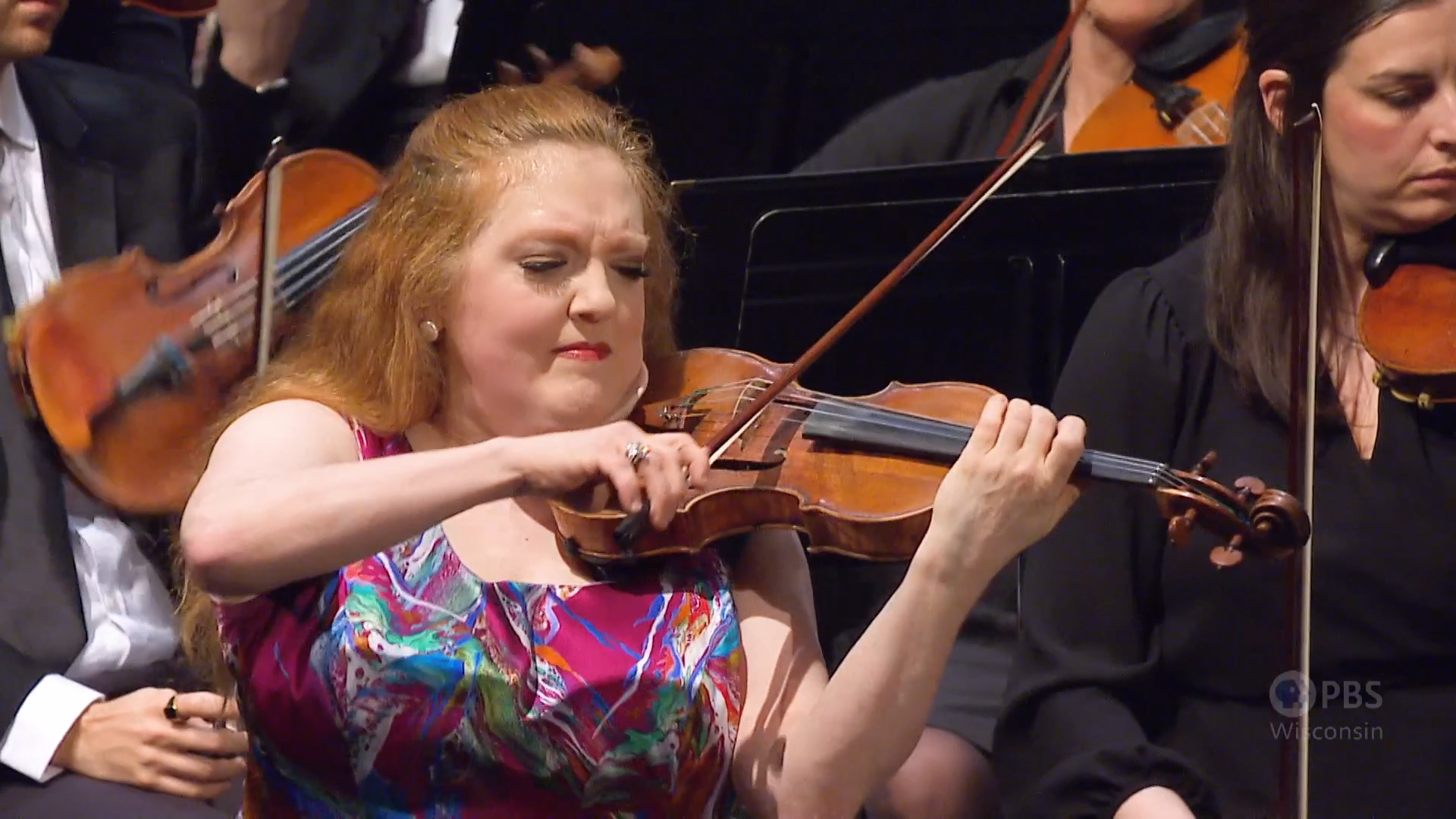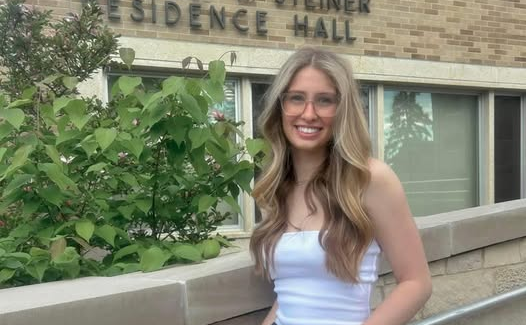The Ethics Of Water
Featured in this Show
-
The Ethics Of Water Part 1
America could be on the cusp of its first water revolution since the 1970s passage of the Clean Water Act. That’s according to the keynote speaker at the Water Ethics conference at Viterbo University this past spring.
Cynthia Barnett is a journalist who’s written three books on water, including Blue Revolution: Unmaking America’s Water Crisis. It was named one of the top 10 science books of 2011 by The Boston Globe.
Barnett said two big water problems on opposite coasts, severe drought in the western United States and water quality issues east of the Mississippi River in states like Ohio and Florida, could create the impetus to stop Americans from taking freshwater for granted, an attitude she called an allusion of abundance.
“People have this idea that there’s plenty of water all the time to do everything we need and want,” said Barnett. “When we turn on the tap in the kitchen, or the hose outside, out comes this abundant, extremely clean water and the problems have been hidden. We don’t understand when we turn the tap that came from a natural source somewhere.”
Barnett argues there’s a pretty simple solution to fix some of the water problems that exist throughout the country.
“The only thing that needs to be said is that we can use a lot less and we can pollute a lot less,” she said. “That is really what it comes down to and it’s eminently possible.”
Barnett said everything we do in this country from flushing a toilet to growing crops takes a lot less water than it used to.
Barnett said while water quality and quantity are global issues, the water ethic that drives the future of water issues will be more individual and spring up from communities big and small.
Listen to Extended Interview With Cynthia Barnett
-
The Ethics Of Water Part 2
Famed conservationist Aldo Leopold’s Land Ethic is about more than just the land. It includes all of nature, plants and animals and certainly the water.
Curt Meine, a conservation biologist and senior fellow with the Aldo Leopold Foundation said perhaps more than anything else it is the water that connects us all.
“Water is physical, it’s real and it’s a tangible thing that we know connects us,” he said. ”I know that in the mountains of North Carolina, and on the Continental Divide of Montana, we’re all part of the Mississippi River Watershed. No matter where you are, and no matter how small or large your community, we are all part of the watershed. Its condition, its health reflects what all of us do.”
Meine said while cultures around the world have different reverence for water, its important people listen to one another to come to a common understanding of what a water ethic should be, and conceptualize the resource as one big body of water. He said the best way to form a water ethic is not by responding to the latest water emergency, but by taking the time to understand the history, be proactive and try to understand one’s relationship to water.
One of the best examples of a water conservation program that continues to thrive decades later is the Coon Creek Watershed project in Vernon County. A series of floods and a lack of productivity forced farmers to change production practices in what was the nation’s first large-scale erosion control project that Meine said is still working well today.
“Here’s one of the great (water) stories in the U.S., if not the world,” he said. “In a small community starting in the 1930s, several hundred farmers and others came together and helped to heal a whole watershed, not a huge watershed, that’s what makes it understandable. Many of those farm families are still there and still have that ethic that began to grow two or three generations ago.”
Meine was a presenter at Viterbo University’s Water Ethics Conference this past spring.
Listen to Extended Interview With Curt Meine
Listen to Extended Interview With Jane Elder
Episode Credits
- John Gaddo Host
- John Davis Producer
- Cynthia Barnett Guest
- Curt Meine Guest
- Jane Elder Guest
Wisconsin Public Radio, © Copyright 2025, Board of Regents of the University of Wisconsin System and Wisconsin Educational Communications Board.





